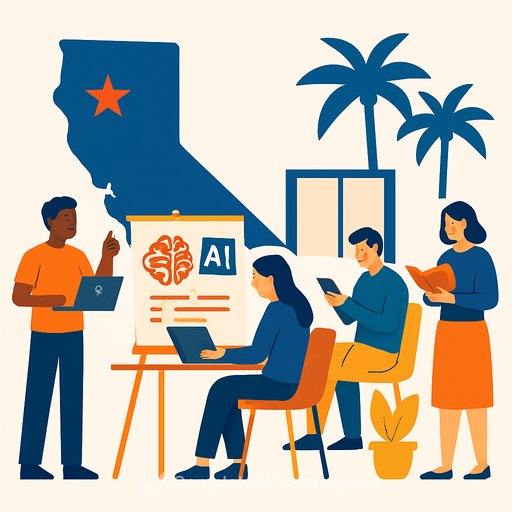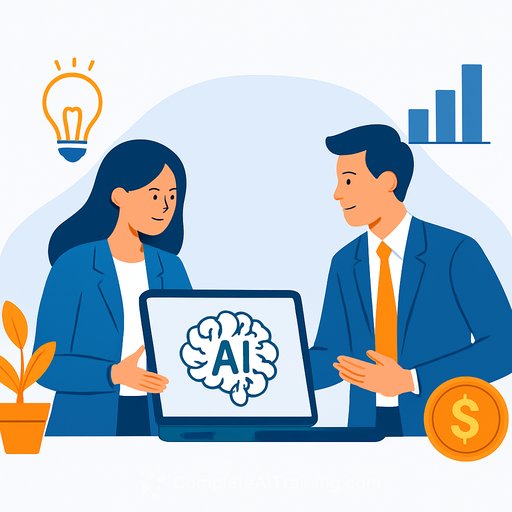California’s Push for AI Education Amid Economic Shifts
California is making a clear move to prepare students for a future where artificial intelligence plays a key role. The state has teamed up with tech leaders like Google and Microsoft to embed AI training into school programs. This effort aims to close skill gaps and make sure students are ready for jobs that demand AI knowledge.
This initiative comes at a time when California faces challenges such as high costs and regulatory hurdles, which have led some tech companies to rethink their presence here. By working closely with industry experts, educators and policymakers hope to keep California competitive and foster economic stability.
Telework Policies and Cost Savings Potential
A recent state audit highlighted a chance to save up to $225 million annually by cutting office space by 30%. The findings suggest that adopting hybrid work models could help balance cost efficiency with productivity. This is especially relevant in California, where expensive real estate makes traditional office setups costly.
State employees and unions support flexible work options, noting benefits like improved work-life balance and reduced commuting emissions, which also support the state’s environmental goals.
Tech Relocations and Business Climate Concerns
Despite efforts to stay ahead, some major tech companies have relocated to states like Texas, attracted by lower taxes and living costs. Companies such as Oracle and Hewlett Packard Enterprise have made these moves, signaling concerns about California’s business environment, including regulations and housing shortages.
Still, California remains a hub for innovation. Venture capital continues to flow into AI and clean energy startups, with some firms intensifying their commitment to local talent and research institutions. This mix creates a dynamic business landscape.
Emerging Trends in AI and Sustainability
Looking forward to 2025, experts highlight AI infrastructure—such as data centers and quantum computing—as key growth areas. California’s investments reflect this trend, including ambitious offshore wind projects and ventures turning waste into fuel. While some projects face criticism for costs and technology readiness, they represent important bets on sustainable energy.
Innovations in bio-based materials and renewable solutions are gaining momentum. California companies are increasingly active in these areas, contributing to global decarbonization efforts.
Policy Responses and Future Outlook
The state government has proposed significant funding to support small businesses and electric vehicle adoption. These investments target sectors like fintech and agritech, which show promise with technologies such as decentralized energy and blockchain.
Privacy protections also remain a focus, with legislation helping tech companies avoid data crises. The combined efforts in education, policy, and innovation will shape California’s economic path as it adapts to new challenges and opportunities.
For educators looking to expand AI knowledge and skills, exploring courses that align with these trends is essential. Resources like Complete AI Training’s latest AI courses offer practical ways to stay current with industry demands.
Your membership also unlocks:





